Thames Water’s financial struggles have led to a controversial push for a 59% hike in customer bills, sparking a fierce debate with regulators and raising concerns about the future of the UK water industry. Here’s the full story.
Billions in Debt

Thames Water, the largest privatised water company in the UK, is billions of pounds in the red and is looking to pass the costs of much-needed improvements onto customers who are trapped by its monopoly.
Stranglehold on Customers

The company, which has a stranglehold on its 16 million customers in London and the Thames Valley, has warned that it cannot sustain its operations or recover from its debts, which currently total an eye-watering £15.2 billion.
Begging for Bill Hikes
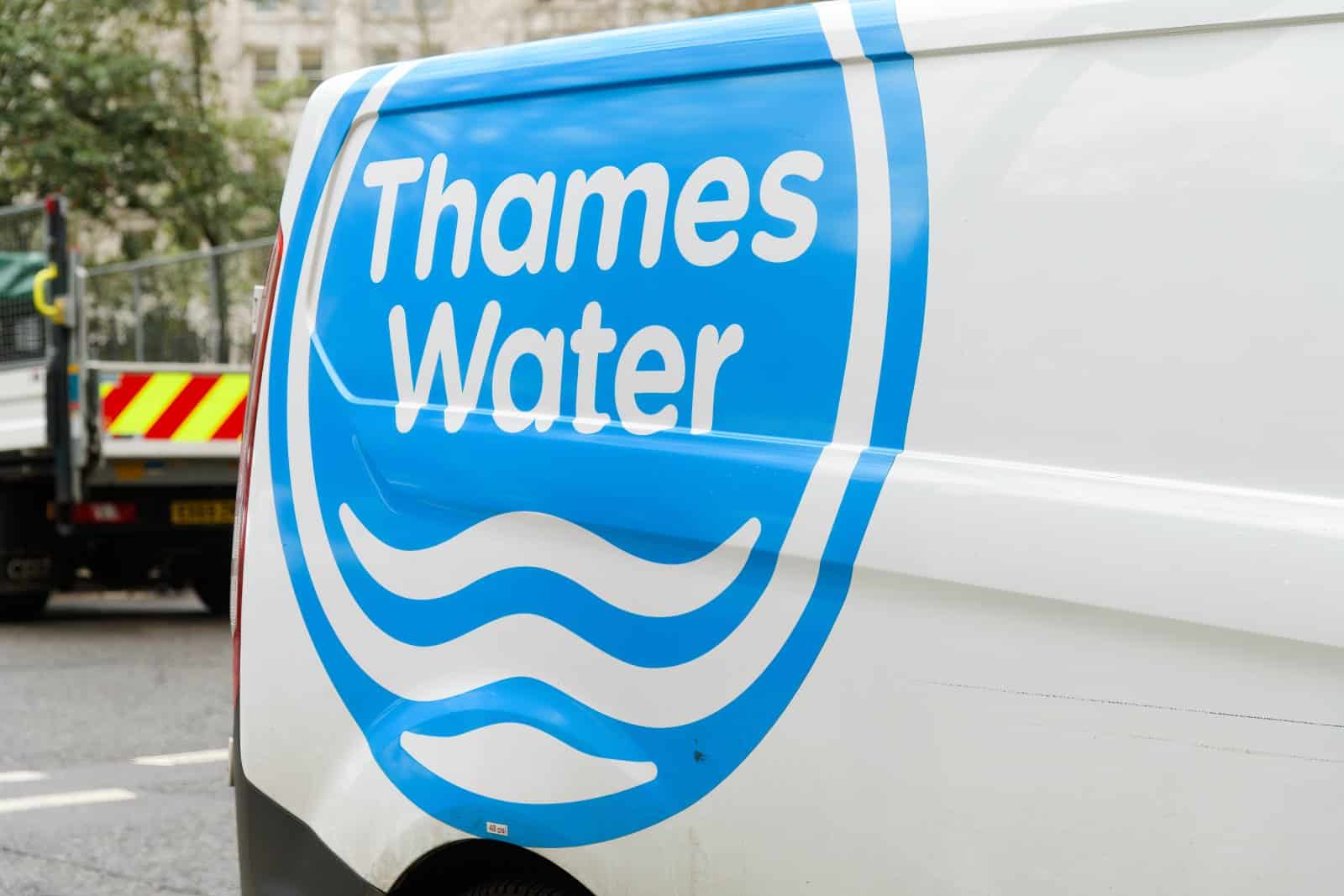
To dig itself out of the financial hole it has created, Thames Water has begged Ofwat, the industry regulator, to allow it to increase bills by 59% over the next five years, which would add £228 annually to household bills by 2030.
Pushback From Ofwat

Unsurprisingly, this request has not gone down well with customers or Ofwat, which has been increasingly reluctant to allow such a steep increase.
Ofwat’s Cap on Increases
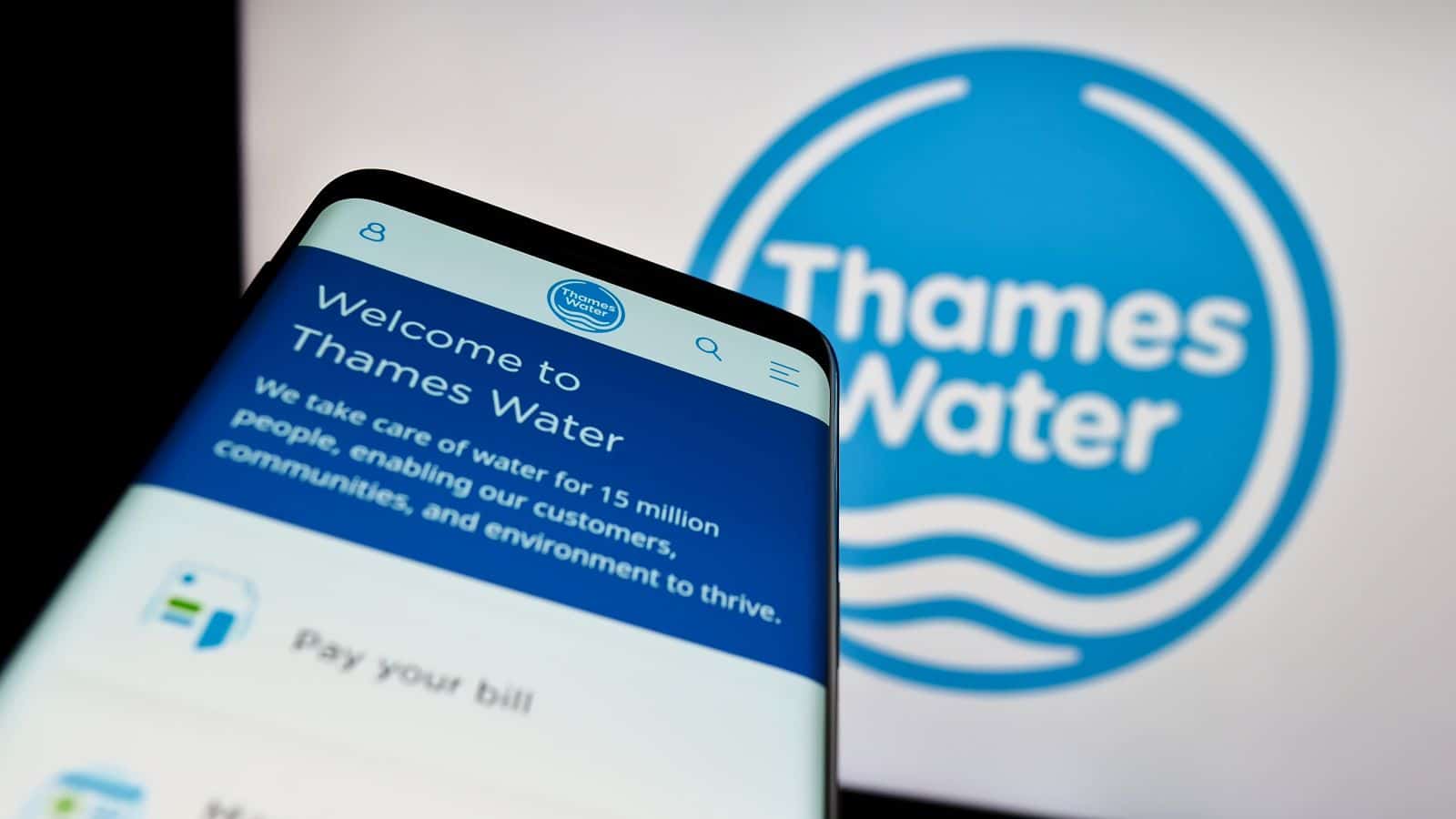
In July, Ofwat proposed a cap on water bill increases, limiting the average rise to just £19 per year, or a total of £94 over five years.
Budget Constraints

This decision was part of a broader draft determination on the water industry’s investment plans from 2025 to 2030. The regulator set a budget of £88 billion for the sector, significantly lower than the £104.5 billion requested by water companies.
“Neither Financeable nor Investible”

In response, Thames Water has pleaded poverty, arguing that Ofwat’s proposed cap would make the company “neither financeable nor investible.”
Grave Warning From CEO
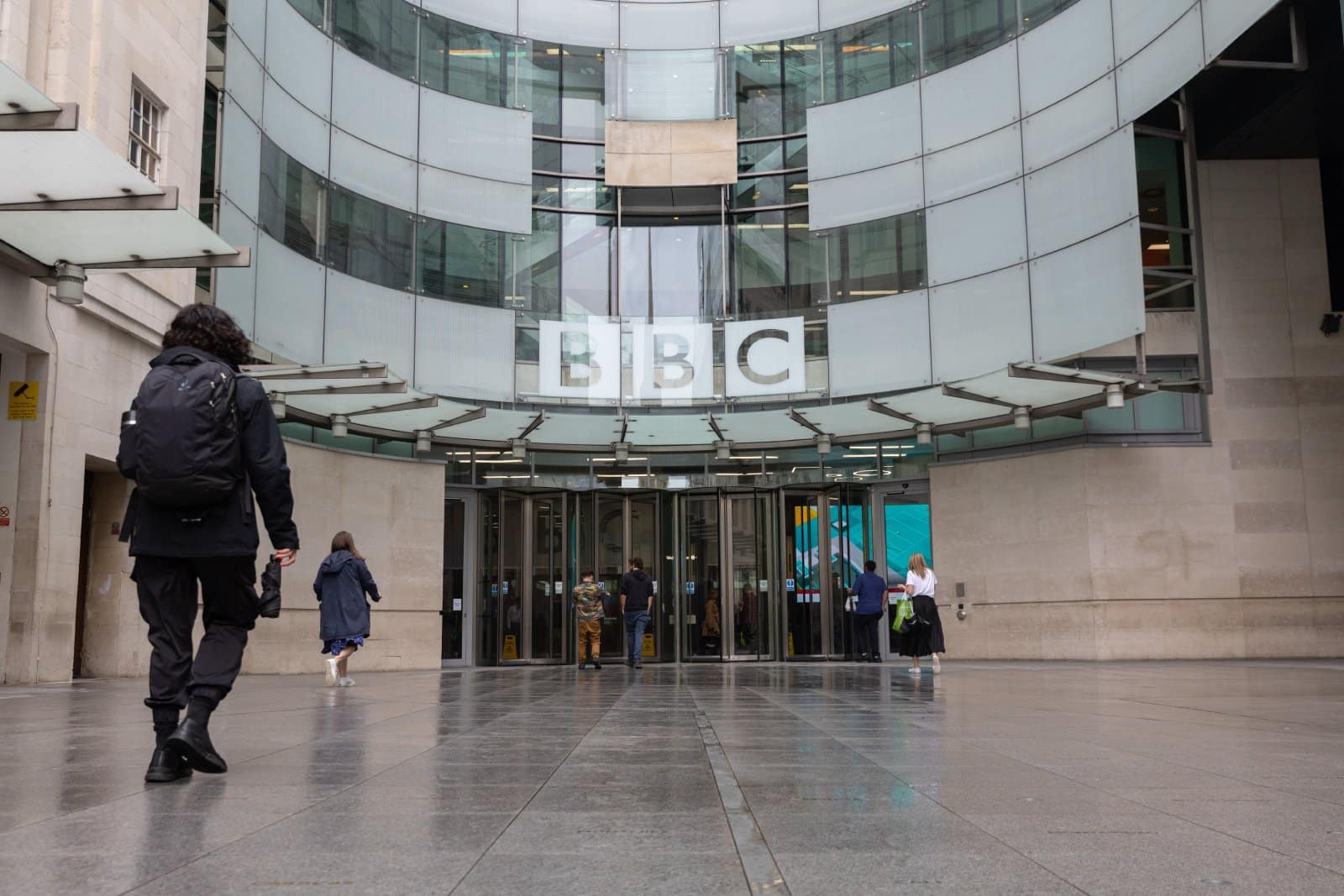
In an interview with the BBC, Chris Weston, Thames Water’s CEO, emphasised the gravity of the company’s disaster, warning that the regulator’s current proposal “would prevent the turnaround and recovery of the company.”
Public Anger Over Sewage

However, the water companies’ pleas are increasingly falling on deaf ears, as both regulators and the public have blamed the massive increase of leaks and sewage discharges into the country’s rivers and waterways on companies that have been increasingly criticised for prioritising executive bonuses and shareholder dividends over desperately needed infrastructure investments.
Sewage Spills Doubled
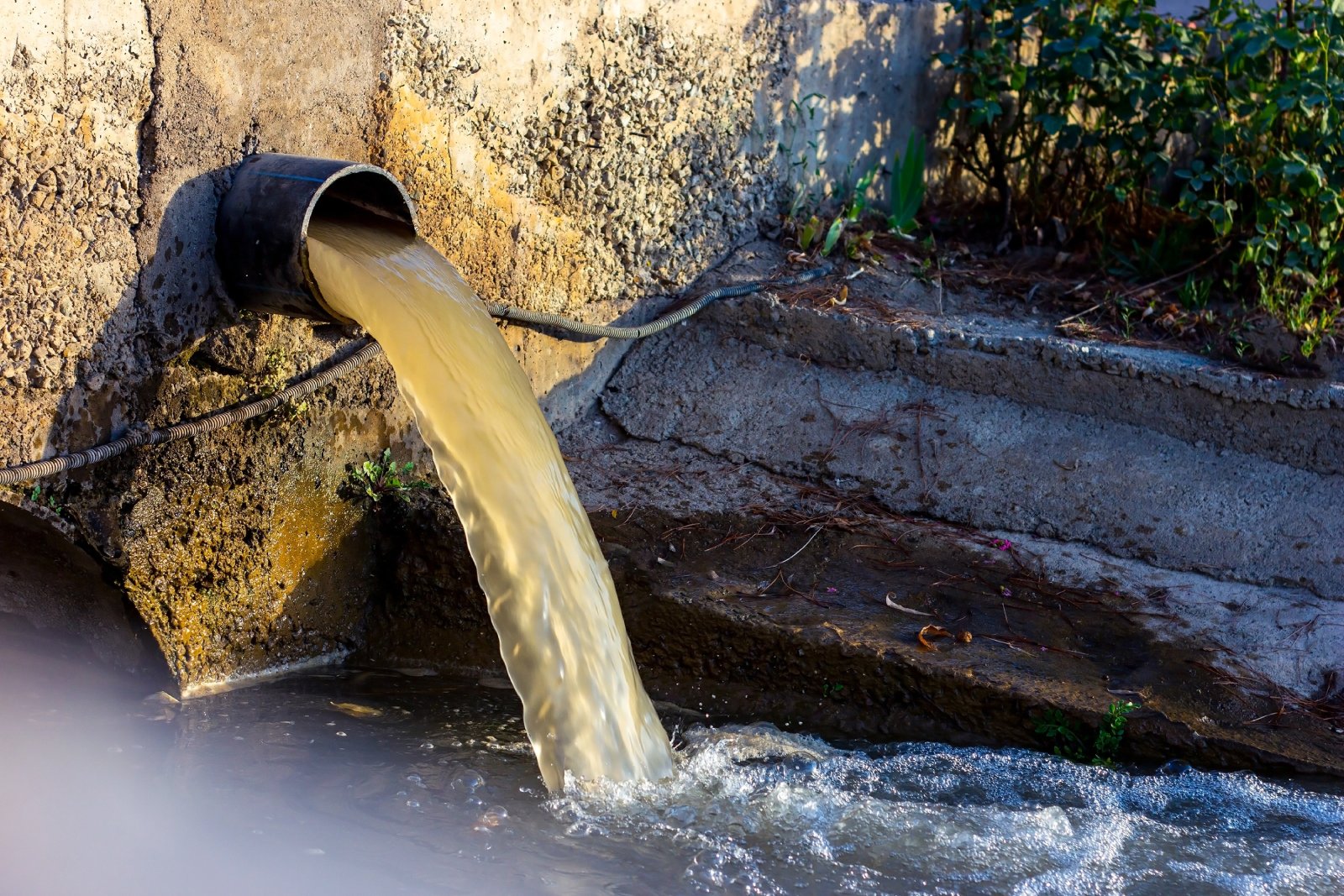
In 2022 alone, raw sewage spilt into England’s rivers, and the sea more than doubled, raising serious public health and environmental concerns. A BBC investigation revealed that sewage had potentially been released illegally 6,000 times in 2022 by England’s water companies, including Thames Water.
“Right to Be Angry”

David Henderson, CEO of Water UK, the lobby group for water companies, sounded increasingly desperate when he admitted that customers were “right to be angry” about the massive increase in sewage dumping and spills. However, he blamed the problem on the “tired and old” infrastructure.
Investor Confidence Shaken

He noted, “If Ofwat doesn’t change its proposal then investors may not stump up the money that we need. No rational investor is going to put their money into water right now.”
Union Slams “Balderdash”

This appeal for customers to consider the plight of investors has gone down like a lead balloon, with the GMB union, representing workers in the sector, calling the water companies’ demands “absolute balderdash.”
Failed to Invest
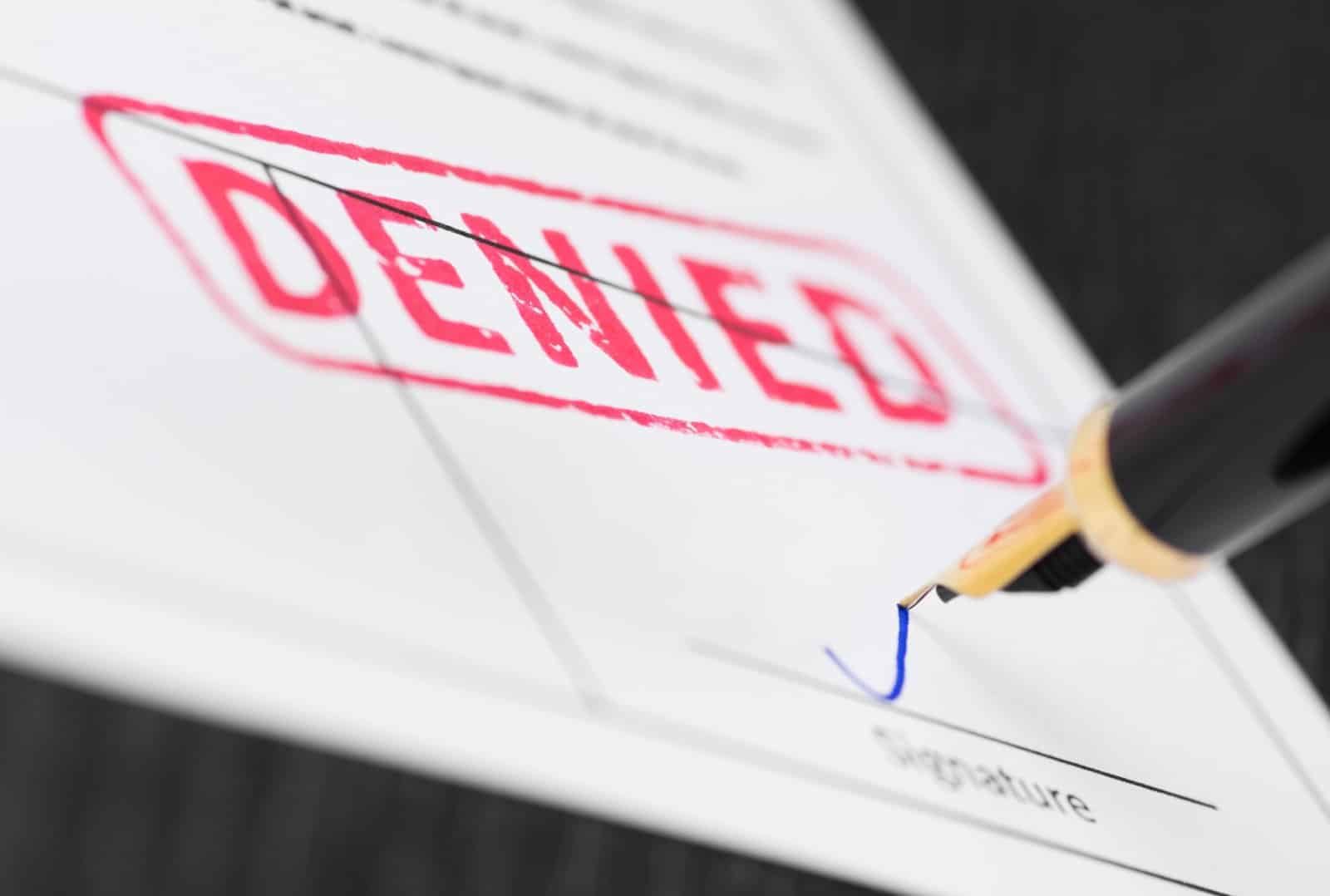
Gary Carter, GMB’s national officer, stated, “Water companies have had the money, failed to invest in plugging leaks and preventing sewage spills and now want more money to do what they failed to do.”
Under Special Measures

Thames Water’s financial woes are compounded by the fact that the company has been placed under special measures by Ofwat, which involves increased oversight to address its seemingly insurmountable challenges.
Impact on Consumers

Despite this, if implemented, the proposed bill increases would have significant implications for consumers, many of whom are already struggling with the rising cost of living.
Bills Could Skyrocket

If approved, the average annual water bill could rise to £638 by 2030, a considerable jump from the current average of £443. This would add additional financial strain on households, particularly those with lower incomes.
Bonus Ban Proposed
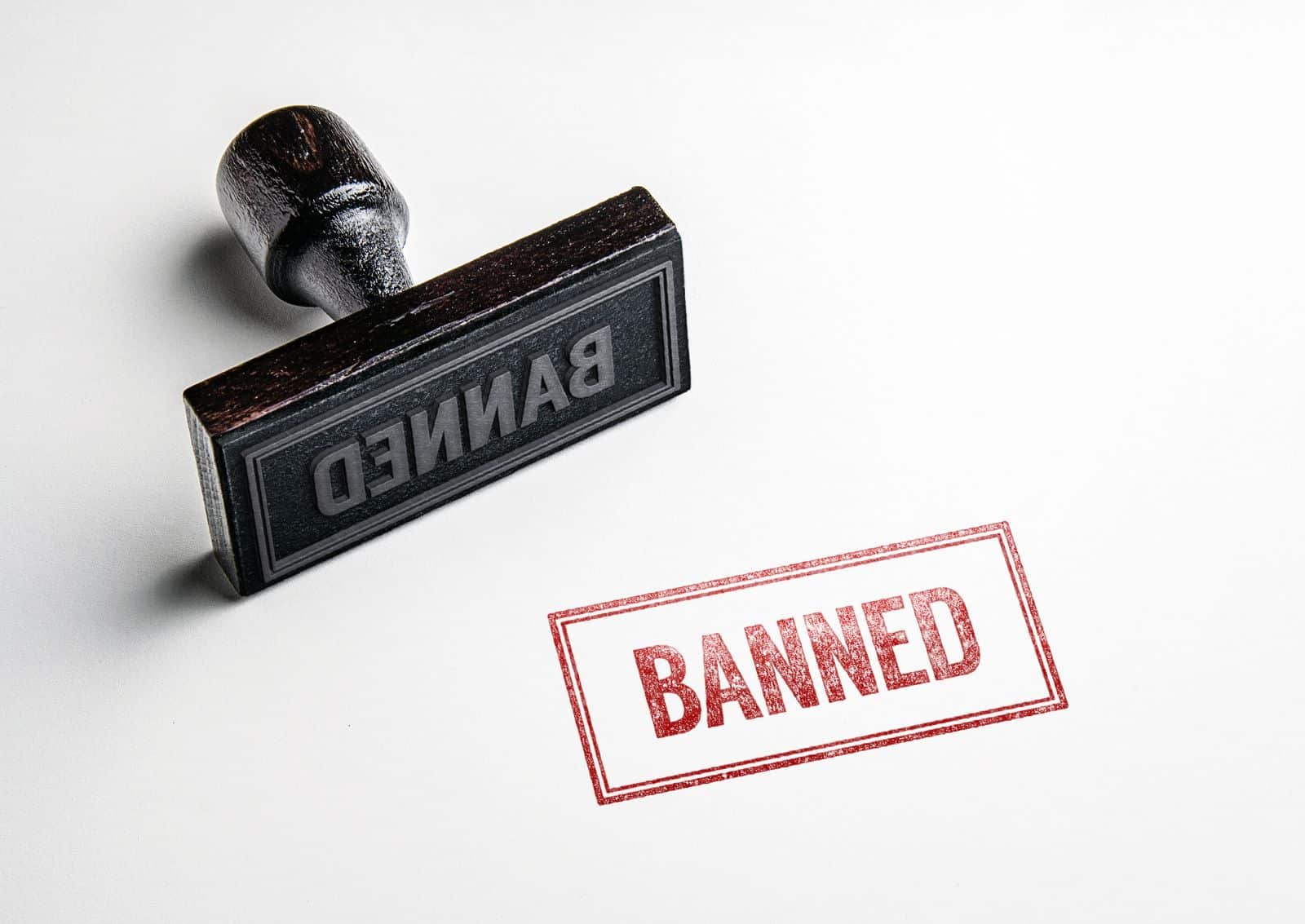
In response to growing public anger, Ofwat has suggested banning director bonuses until the water companies demonstrate significant improvements in addressing leaks and sewage spills.
Awaiting December Decision

A spokesperson for Ofwat stated, “We have received responses from many organisations, including water companies, customers, environmental and consumer organisations, and investors. Inevitably, these reflect a diverse range of views on the proposals we have made. We will consider all of these responses carefully over the next three months and set out our final decisions on 19 December.”
A Critical Juncture

Thames Water’s demand for a 59% increase in customer bills represents a critical juncture for the company and the wider water industry. The outcome of this dispute is likely to determine the company’s future and set a precedent for how essential services are regulated in the UK.
Renationalisation on the Table?

It remains to be seen whether Ofwat will call Thames Water’s bluff, effectively renationalising the company, or if Thames Water’s millions of customers, unable to switch providers, will be burdened with paying the price for the company’s many past mistakes.
Brace for Impact: The Tax Increase Labour Denied Has Arrived, Reeves Delivers a Grim Outlook
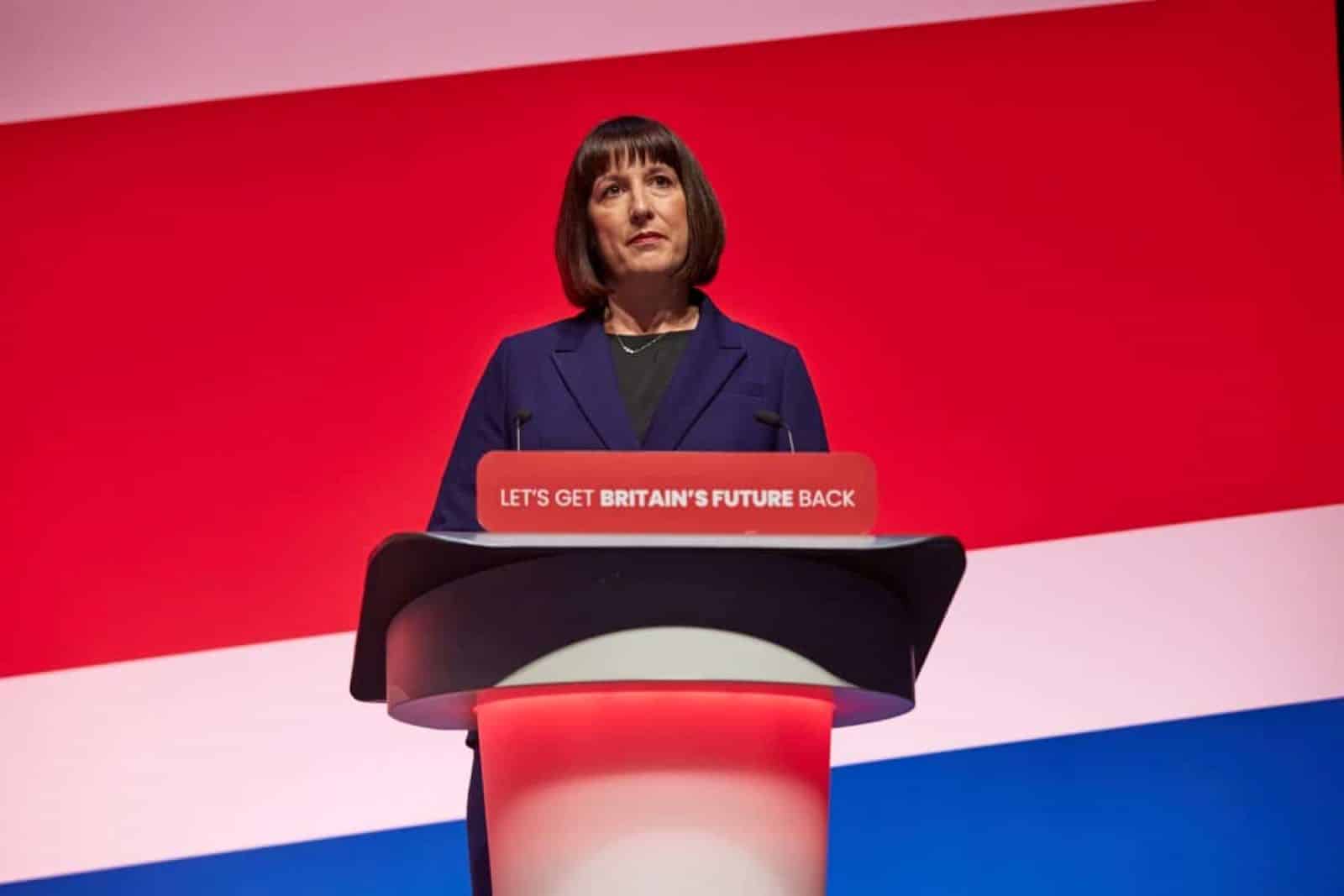
Rachel Reeves delivers the gloomy news, and citizens have to accept the inevitable. The tax increase might complicate finances for some households and businesses. Brace for Impact: The Tax Increase Labour Denied Has Arrived, Reeves Delivers a Grim Outlook
Russia Issues Ultimatum to UK Over Ukraine’s Use of British Arms

Russia has threatened to attack British targets if Ukraine uses UK-supplied weapons amid rising tensions and the recent arrest of a British man charged with spying for Russia. Here’s the full story. Russia Issues Ultimatum to UK Over Ukraine’s Use of British Arms
Tommy Robinson Sparks National Outrage With Far-Right ‘We Want Our Country Back’ Protest in London

Police had their work cut out at a recent protest led by Tommy Robinson in London. Full story. Tommy Robinson Sparks National Outrage With Far-Right ‘We Want Our Country Back’ Protest in London
Featured Image Credit: Shutterstock / Yau Ming Low.
Grant Gallacher is a seasoned writer with expertise in politics and impactful daily news. His work, deeply rooted in addressing issues that resonate with a wide audience, showcases an unwavering commitment to bringing forth the stories that matter. He is also known for satirical writing and stand up comedy.

